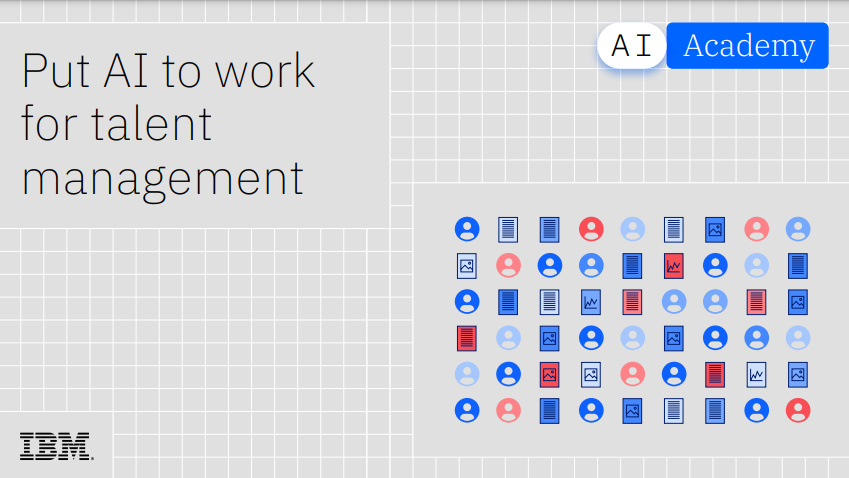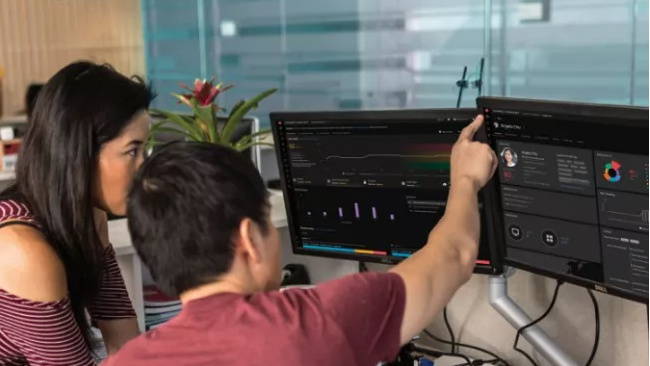Ikea self-assembles business process change
The wholesale distribution division of home furnishing giant Ikea has implemented business intelligence and performance management systems to improve performance.

When we think of Ikea, we immediately associate the company with affordable home furnishings, the core of its business. However, as one of the largest furniture and accessories retailers in the world, there is more to Ikea's business than just its retail operations.
Ikea Components is a division of the main Ikea company, responsible for wholesale distribution of products. It sources and supplies all the assembly kits for Ikea's furniture, core components such as springs and lighting hardware, packaging and the core raw materials such as glass sheets, plastic and steel used to build many of Ikea's flat-packed furniture items.
"One of the biggest things we supply is the plastic bag with all the assembly components needed to assemble your furniture, such as screws, locking bolts and tools. We supply on average 150 million bags of assembly parts per year," Dennis Larsson, process owner for enterprise performance management at Ikea Components told IT PRO.
Even though Ikea Components is a wholly owned division of Ikea, it still operates as one of many suppliers to the main Ikea business, and so needs advanced IT systems in place to manage everything from logistics to stock control to order management.
The company is part-way through a five year IT project to improve business processes, addressing everything from managing how much stock it holds and how accurate its packing and shipping processes are to how many of its orders ship on time and arrive undamaged.
Ikea Components is a huge part of Ikea. It supplies 600 Ikea stores, has 200 component suppliers, 800 staff and has a turnover of $800 million a year.
"We started in the summer of 2004 when we deployed the Opportunity Analyser from Lawson," said Larsson. "In 2005 we upgraded our ERP system, started prioritising best practices and began targeting specific KPIs. This was followed in 2006 with the development and deployment of a data warehouse and the finalisation of a core set of KPIs to work to."
Get the ITPro daily newsletter
Sign up today and you will receive a free copy of our Future Focus 2025 report - the leading guidance on AI, cybersecurity and other IT challenges as per 700+ senior executives
Ikea Components deployed Lawson's M3 business intelligence system for manufacturing businesses. In conjunction with the Opportunity Analyser the company was able to examine the business and redefine processes and business methodology, build new business rules and improve its transaction handling, moving data into the data warehouse, which has a Cognos front-end.
This investment and work by the IT department began to deliver solid benefits by 2007, when, with clear KPIs in place and the ability to measure all parts of the business, Ikea Components began to achieve significant business improvements.
"The changes to the company have been profound. Product availability is up 30 per cent, customer lead time down 50 per cent, customer claims due to damaged, incomplete or incorrect components are down 85 per cent," added Larsson.
In addition, Ikea Components has been able to reduce the number of day's worth of inventory it holds by 40 per cent, thanks to more accurate reordering processes and better data management of stock. This in turn has reduced its product handling costs by 30 per cent.
"Despite the improvement in inventory handling, much of the ordering process is still done through manual intervention. We are moving towards fully automated just-in-time ordering," Larsson said.
"My experience with projects like this is that technology is only one part of the project. It only works if you have the right people on hand to get the best from the IT project."
Going forward, Ikea Components is planning to upgrade to the most recent version of Lawson M3, and to focus on improving the profitability of the division through fine tuning business processes further.
-
 Bigger salaries, more burnout: Is the CISO role in crisis?
Bigger salaries, more burnout: Is the CISO role in crisis?In-depth CISOs are more stressed than ever before – but why is this and what can be done?
By Kate O'Flaherty Published
-
 Cheap cyber crime kits can be bought on the dark web for less than $25
Cheap cyber crime kits can be bought on the dark web for less than $25News Research from NordVPN shows phishing kits are now widely available on the dark web and via messaging apps like Telegram, and are often selling for less than $25.
By Emma Woollacott Published
-
 Put AI to work for talent management
Put AI to work for talent managementWhitepaper Change the way we define jobs and the skills required to support business and employee needs
By ITPro Published
-
 More than a number: Your risk score explained
More than a number: Your risk score explainedWhitepaper Understanding risk score calculations
By ITPro Published
-
 Four data challenges holding back your video business
Four data challenges holding back your video businesswhitepaper Data-driven insights are key to making strategic business decisions that chart a winning route
By ITPro Published
-
 Creating a proactive, risk-aware defence in today's dynamic risk environment
Creating a proactive, risk-aware defence in today's dynamic risk environmentWhitepaper Agile risk management starts with a common language
By ITPro Published
-
 How to choose an HR system
How to choose an HR systemWhitepaper What IT leaders need to know
By ITPro Published
-
 Sustainability and TCO: Building a more power-efficient business
Sustainability and TCO: Building a more power-efficient businessWhitepaper Sustainable thinking is good for the planet and society, and your brand
By ITPro Published
-
 What is small data and why is it important?
What is small data and why is it important?In-depth Amid a deepening ocean of corporate information and business intelligence, it’s important to keep things manageable with small data
By Steve Cassidy Published
-
 Microsoft's stellar cloud performance bolsters growth amid revenue slump
Microsoft's stellar cloud performance bolsters growth amid revenue slumpNews The tech giant partly blames unstable exchange rates and increased energy costs for the slowdown
By Rory Bathgate Published